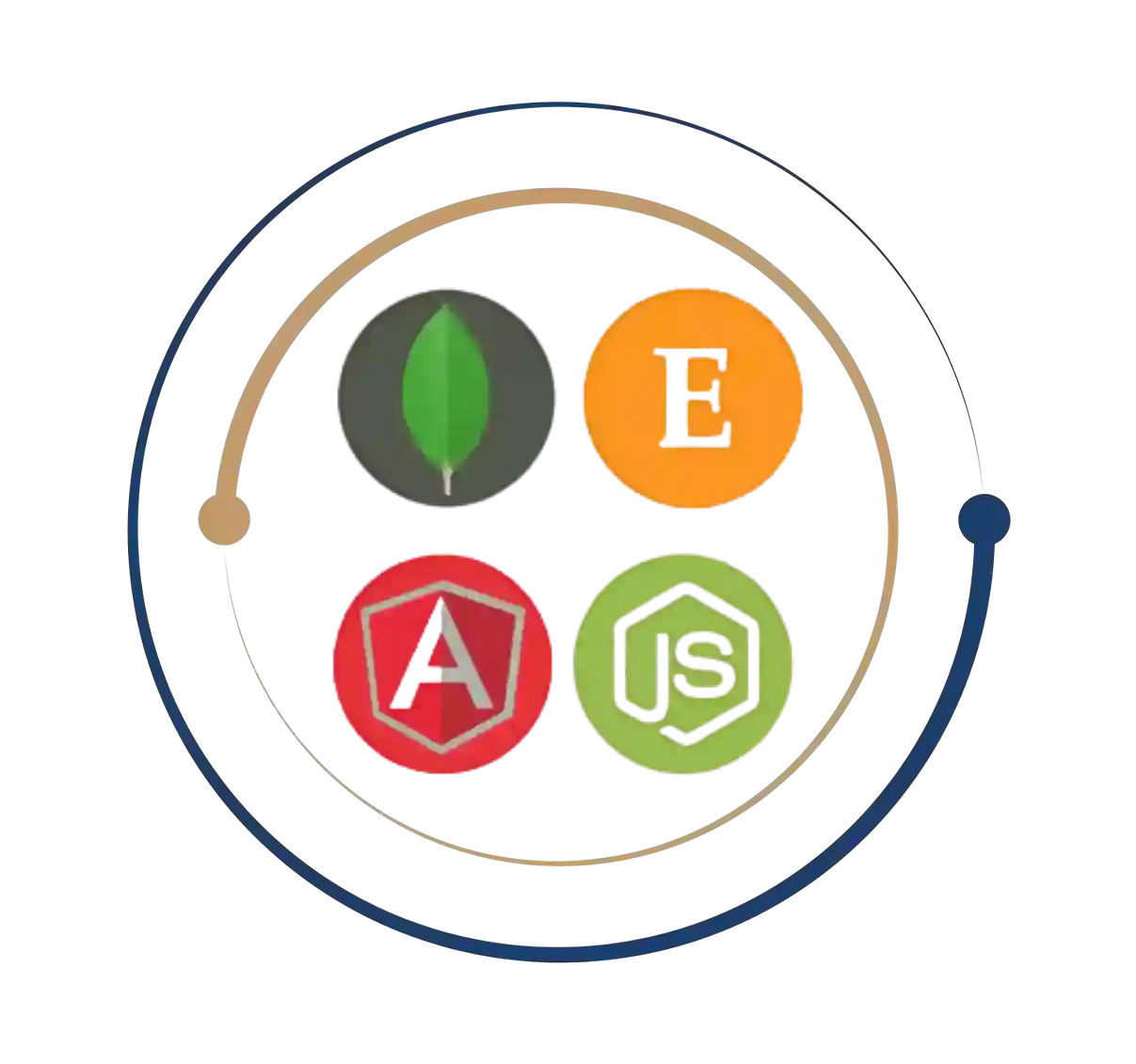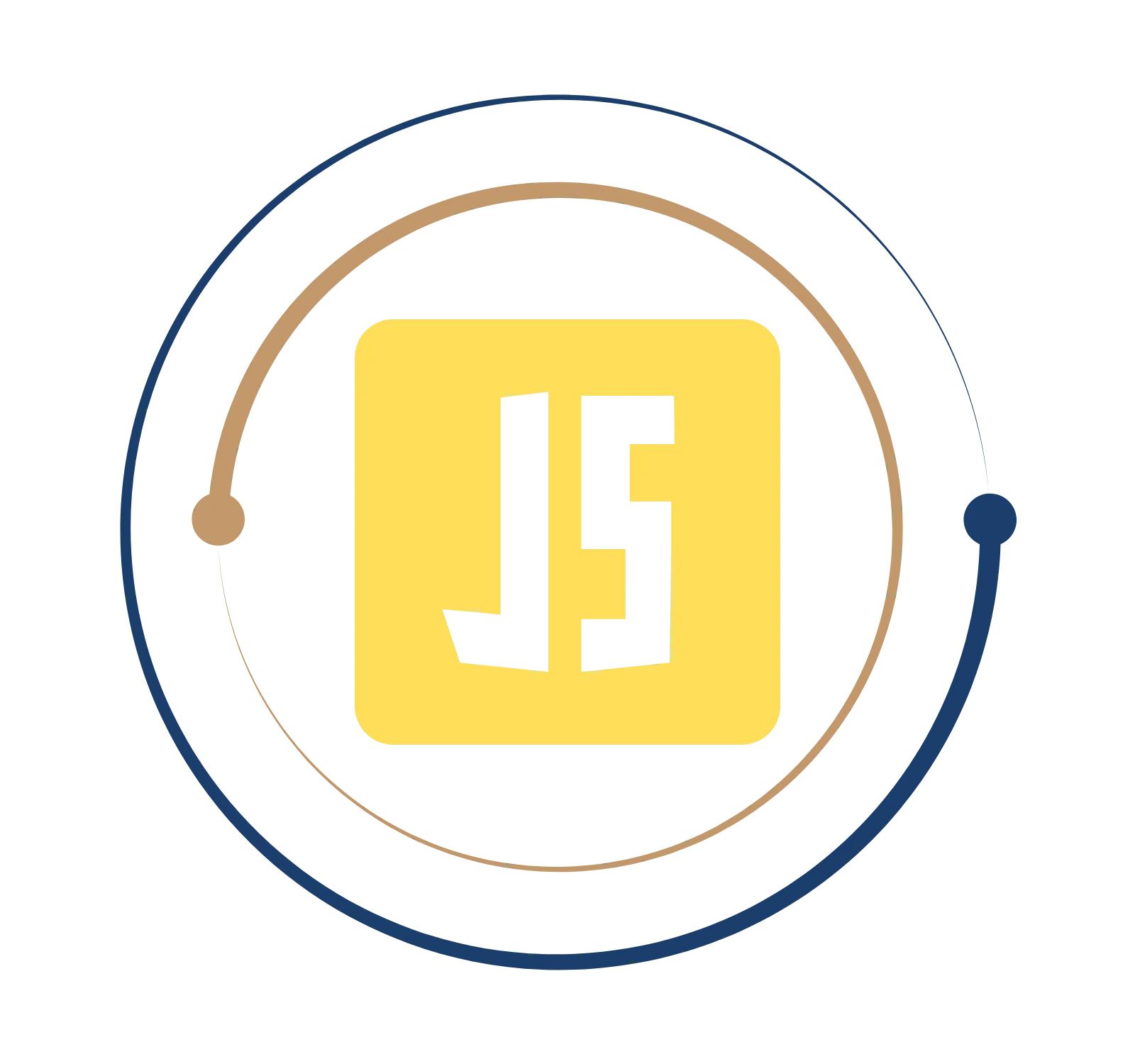Build a strong foundation with our Data Structure training
Data Structure Course
Are you interested in enhancing your writing skills and advancing your software development profession? Please refrain from continuing your search. Our data structure course offers the potential to unlock a multitude of opportunities. The identification and analysis of data patterns are crucial components in the development of efficient software systems. Databases facilitate the storage and organization of data, thereby enhancing its accessibility, modifiability, and suitability for scholarly examination. Regardless of one’s level of experience in coding, it is imperative to possess a comprehensive understanding of data structures. If one desires to attain expertise in this particular domain, our Data Structure course is an ideal choice.
What is Data Structure?
A data structure is a fundamental concept within computer science and software engineering. It pertains to how data is arranged, stored, and manipulated within a computer program or system. The utilization of data structures is imperative in the management and effective retrieval of data, and they hold significant importance in the development and enhancement of algorithms.
Data structures offer a means of storing and arranging data in a manner that facilitates efficient activities such as insertion, deletion, retrieval, and searching. Various data structures are intentionally created to fulfill distinct objectives and possess advantages and disadvantages.
Roles and Responsibilities in Data Structure
- Data Structures: Software engineers must design and implement data structures in their code to efficiently store and manipulate data.
- Select Appropriate Data Structures: They must consider time and space complexity while choosing a data structure for a task.
- Optimize Data Structure Utilization: To boost program performance, developers should optimize data structure utilization.
- Bug fixing and maintenance: Fix data structure concerns during program maintenance.
- System-Level Data Structure Design: Software architects design high-level data structures that shape software architecture. They control system data flow and component interactions.
- Data storage and retrieval: Data engineers create and maintain databases and storage systems. They choose effective data structures for storage and retrieval.
- Data Transformation: Data engineers may also transform data structures.
- Data Analyst and Manipulation: study and manipulate massive databases using data structures. Practical data analysis requires adequate data structures.
- Algorithm Design: Developers design algorithms dependent on data structures. They create sorting, searching, and graph traversal algorithms.
Data Structure Course
Are you interested in enhancing your writing skills and advancing your software development profession? Please refrain from continuing your search. Our data structure course offers the potential to unlock a multitude of opportunities. The identification and analysis of data patterns are crucial components in the development of efficient software systems. Databases facilitate the storage and organization of data, thereby enhancing its accessibility, modifiability, and suitability for scholarly examination. Regardless of one’s level of experience in coding, it is imperative to possess a comprehensive understanding of data structures. If one desires to attain expertise in this particular domain, our Data Structure course is an ideal choice.
A data structure is a fundamental concept within computer science and software engineering. It pertains to how data is arranged, stored, and manipulated within a computer program or system. The utilization of data structures is imperative in the management and effective retrieval of data, and they hold significant importance in the development and enhancement of algorithms.
Data structures offer a means of storing and arranging data in a manner that facilitates efficient activities such as insertion, deletion, retrieval, and searching. Various data structures are intentionally created to fulfill distinct objectives and possess advantages and disadvantages.
A data structure is a fundamental concept within computer science and software engineering. It pertains to how data is arranged, stored, and manipulated within a computer program or system. The utilization of data structures is imperative in the management and effective retrieval of data, and they hold significant importance in the development and enhancement of algorithms.
Data structures offer a means of storing and arranging data in a manner that facilitates efficient activities such as insertion, deletion, retrieval, and searching. Various data structures are intentionally created to fulfill distinct objectives and possess advantages and disadvantages.
- Data Structures: Software engineers must design and implement data structures in their code to efficiently store and manipulate data.
- Select Appropriate Data Structures: They must consider time and space complexity while choosing a data structure for a task.
- Optimize Data Structure Utilization: To boost program performance, developers should optimize data structure utilization.
- Bug fixing and maintenance: Fix data structure concerns during program maintenance.
- System-Level Data Structure Design: Software architects design high-level data structures that shape software architecture. They control system data flow and component interactions.
- Data storage and retrieval: Data engineers create and maintain databases and storage systems. They choose effective data structures for storage and retrieval.
- Data Transformation: Data engineers may also transform data structures.
- Data Analyst and Manipulation: study and manipulate massive databases using data structures. Practical data analysis requires adequate data structures.
- Algorithm Design: Developers design algorithms dependent on data structures. They create sorting, searching, and graph traversal algorithms.
Get Instant Help Here
A data structure certification refers to an official acknowledgment or credential granted to persons who have exhibited their expertise, abilities, and competence in the design, implementation, and utilization of data structures within computer science and software development. These certifications are frequently acquired through training programs, seminars, or examinations, and they hold significant value for anyone seeking to enter or advance in the technology sector, regardless of their level of expertise.
Data structure course certifications have many functions, such as verifying an individual’s proficiency in utilizing data structures, showcasing a dedication to ongoing education, and bolstering employment opportunities in software development, data engineering, data science, and related domains. Certifications exhibit variability in terms of their focal point, level of intricacy, and prerequisites. Sign up for the data structure course.
- Entry-level certifications are suitable for individuals new to the field who wish to have a fundamental comprehension of data structures.
- Intermediate and advanced certifications are available for professionals seeking to enhance their proficiency in specific data structures or algorithms.
- Vendor-specific certifications that are specific to vendors and are relevant to the utilization of data structures within a particular software platform or ecosystem

In the fields of computer science and software development, there is an abundance of employment prospects that are related to data structures. As a result of the fact that data structures are crucial to the design of software as well as the optimization of its performance, there is a significant need for individuals who have competence in this field. You can make anywhere from 16 to 61 lakhs a year if you know much about data systems. 10% of people who work in this field make more than ₹39 lakhs a year.
Job you can land with Data Structure
What you will learn?
- Overview of data structures and their importance in Python
- Basic data types in Python (int, float, str, list, tuple, dict, set)
- Memory representation (stack vs. heap)
- Time and space complexity analysis in Python
- Introduction to arrays and lists
- One-dimensional arrays in Python
- Multidimensional arrays in Python
- List data structure in Python
- List operations and complexity analysis
- Stack data structure in Python
- Queue data structure in Python
- Implementing stacks and queues using lists
- Applications and use cases of stacks and queues in Python
- Linked list Data Structure in Python
- Singly Linked list
- Doubly Linked list
- Introduction to trees
- Binary trees and binary search trees (BST) in Python
- Tree traversal algorithms (in-order, pre-order, post-order) in Python
- AVL trees (self-balancing BST) in Python
- Tree applications and operations in Python
- Introduction to heaps in Python
- Max heap and min heap in Python
- Heap operations (insert, delete, extract) in Python
- Priority queues and their applications in Python
- Introduction to graphs (vertices and edges) in Python
- Types of graphs (directed vs. undirected, weighted vs. unweighted) in Python
- Graph representations (adjacency matrix, adjacency list) in Python
- Graph traversal algorithms (DFS, BFS) in Python
- Shortest path algorithms (Dijkstra’s) in Python
- Minimum spanning tree (Prim’s, Kruskal’s) in Python
- Sorting algorithms (selection sort, bubble sort, insertion sort, merge sort, quicksort) in Python
- Time complexity analysis of sorting algorithms in Python
- Searching algorithms (linear search, binary search) in Python
Weekdays
Mon-Fri
Online/Offline
1 hour
Hands-on Training
Suitable for Fresh Jobseekers
/ Non IT to IT transition
Weekends
Sat – Sun
Online/Offline
1.30 – 2 hours
Hands-on Training
Suitable for IT Professionals
Batch details
Week days
Mon-Fri
Online/Offline
1 hour
Hands-on Training
/ Non IT to IT transition
Sat – Sun
Online/Offline
1:30 – 2 hours
Hands-on Training
Why should you select us?






Why should you select Us?



















